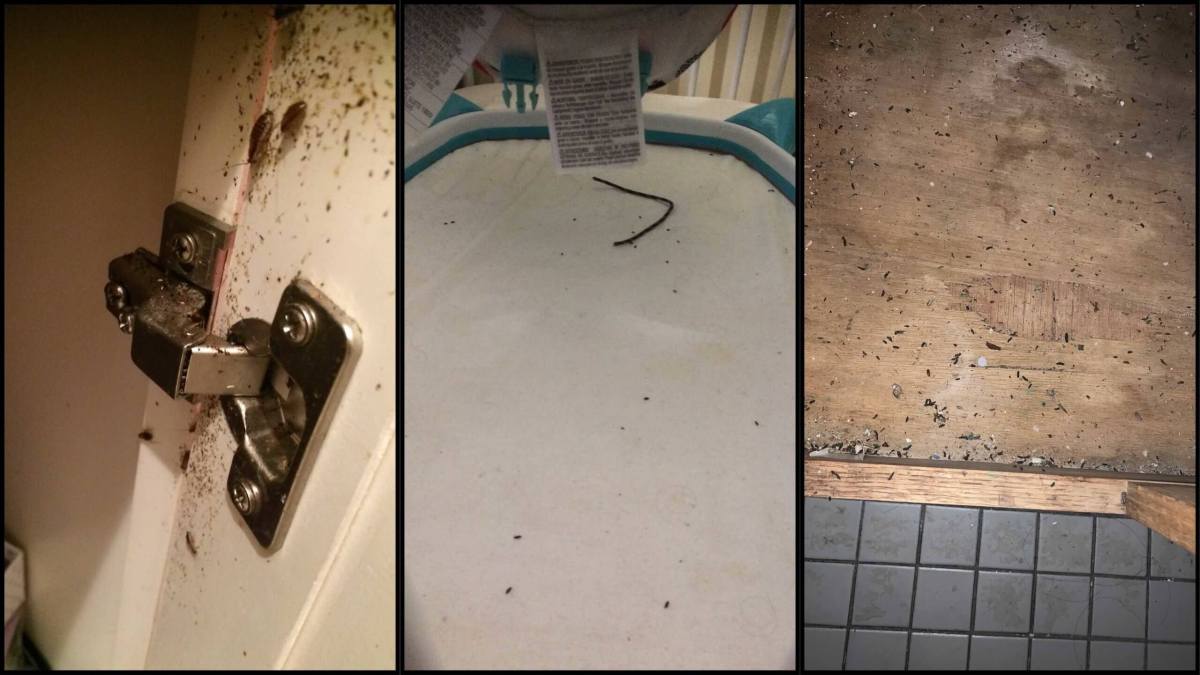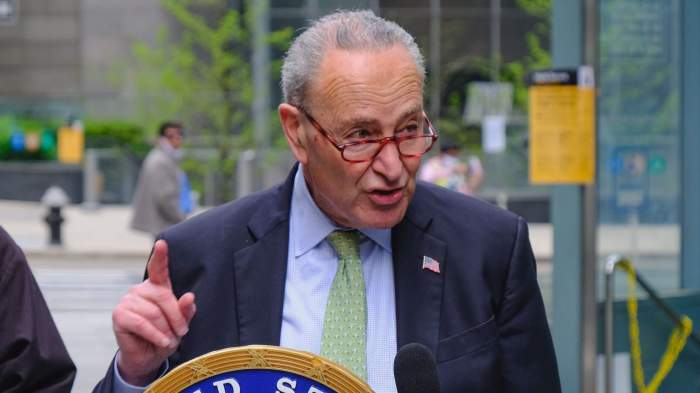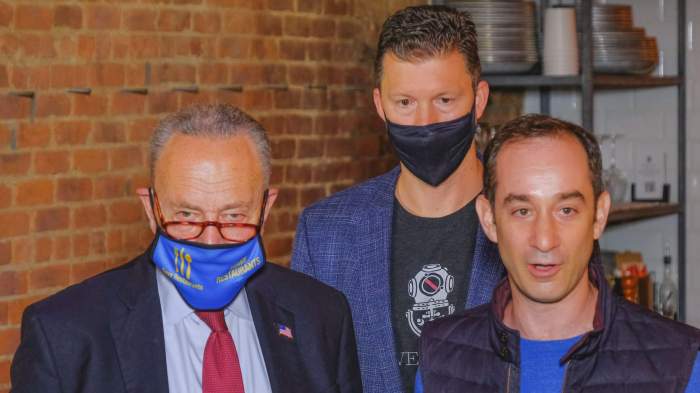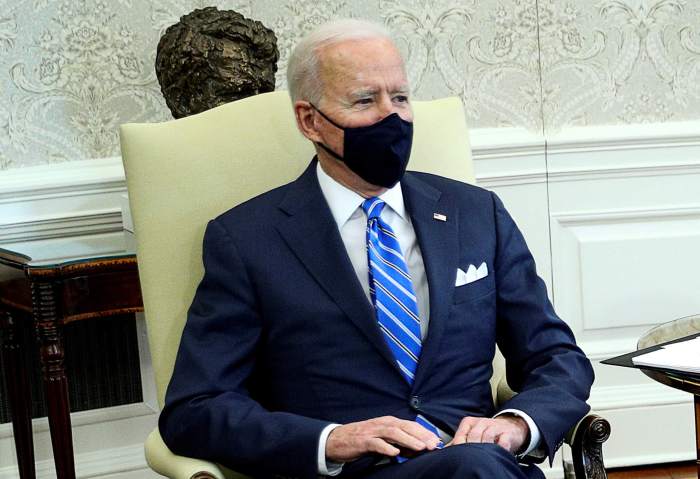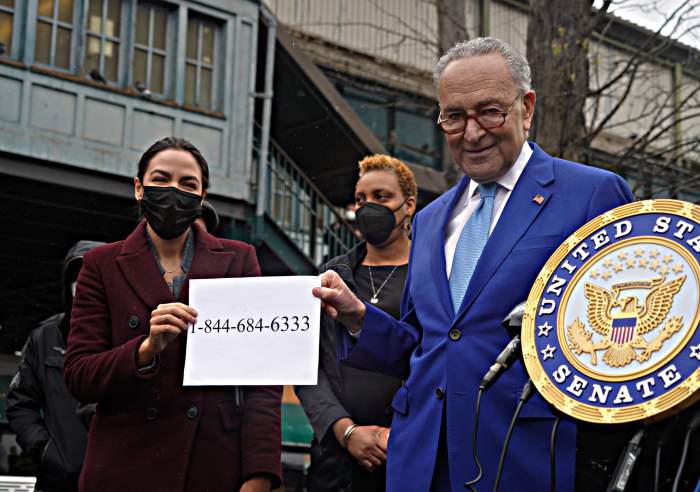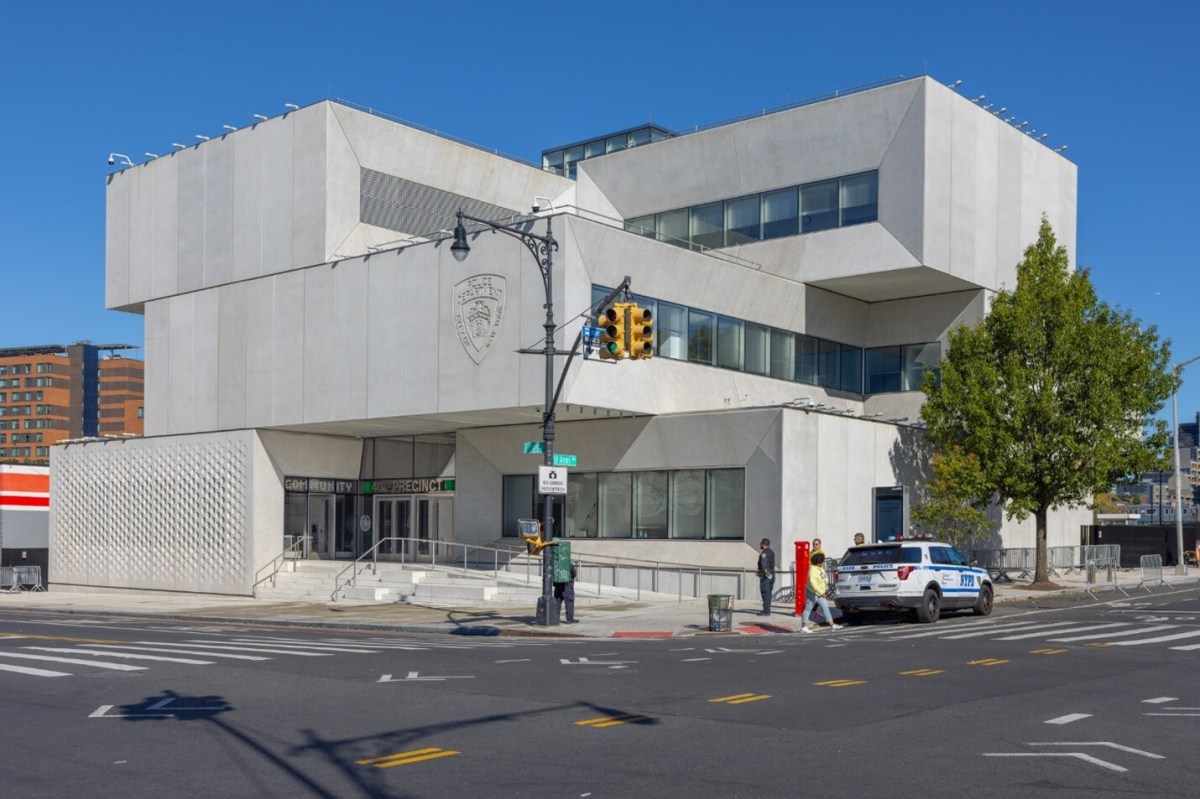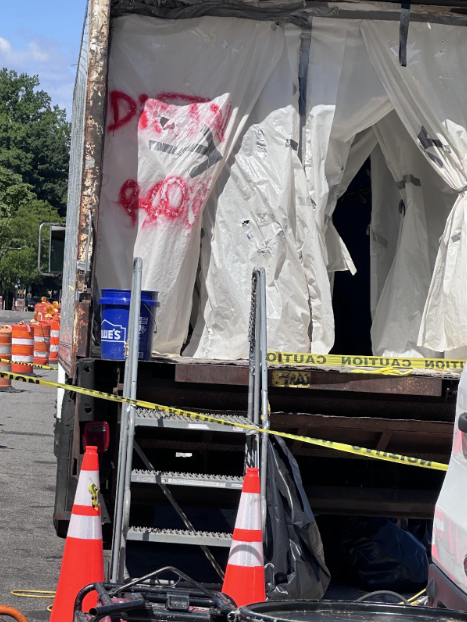The Metropolitan Transportation Authority’s purchase from last year of 45 zero emissions buses will be increased to 60 as the agency’s $55 billion capital plan regains momentum after a year in hibernation due to COVID-19.
At Pier 83 on the West Side Tuesday, MTA Chief Development Officer Janno Lieber said this brings the agency closer to meeting its goal of a full zero emissions fleet by 2040 and is four times the size of their last procurement of environmentally friendly buses.
But the needs of their new fleet will also require additional work, which is where a new overhead charger comes into play at Pier 83.
“As we have learned over the past four years, operating these buses required significant power and infrastructure additions. To that end, the MTA has finalized a $39 million deal with the New York Power Authority to install more than 50 of these overhead electric charges at five locations citywide,” Lieber said. “We’re not just buying the buses, we’re creating the infrastructure that enables them to operate and to be effective.”
Construction of these charging stations is expected to begin in the fall are expected to be completed within a year.
With the addition of 60 buses, however, the MTA still has a long way to go before reaching the goal laid out in their 2020-2024 capital plan to have 6,000 buses of this kind before the end of the decade, and construction of the charges is not expected to be completed until the end of 2022.
The majority of the buses in the new fleet will be added in 2028, according to MTA Bus Company President Craig Cipriano.
“In New York City, most of our bus depots are located in low to moderate income communities and transit bus routes run disproportionately through these neighborhoods. Conversion to an all electric fleet will help to significantly improve air quality and public health by reducing health outcomes like asthma,” Cipriano said.
While the New York Power Authority will be providing the charging infrastructure to charge the fleet, Con Edison is expected to provide the electricity.
The 50 charging stations will be located in four depots throughout the city, according to the MTA, and one will be located on the street.
While the pandemic placed the agency’s $55 billion plan on hold due to financial devastation, The American Rescue Plan and other federal assistance gave the MTA the infusion it needed to pick up the pieces.
Senate Majority Leader Charles Schumer also plans to deliver on $73 billion for green transit improvements through his “Green New Wheel” plan.
The MTA began a pilot program for its zero emissions fleet in January 2020, in which an all-electric M60 bus would run its usual route between Harlem at 125th Street and LaGuardia Airport. As the longest route in the entire city at about 20 miles, this route was expected to put the technology through a rigorous test.



